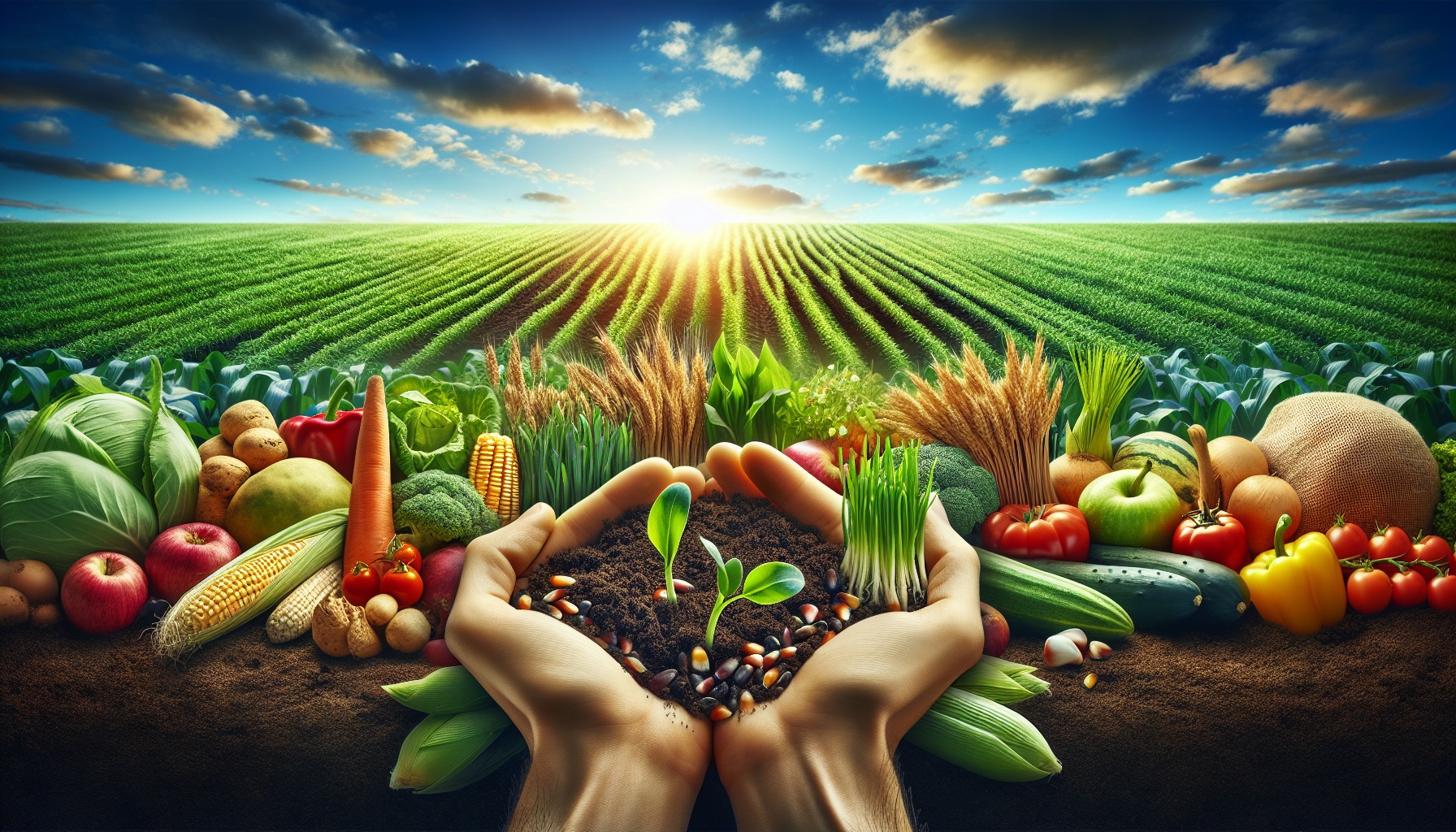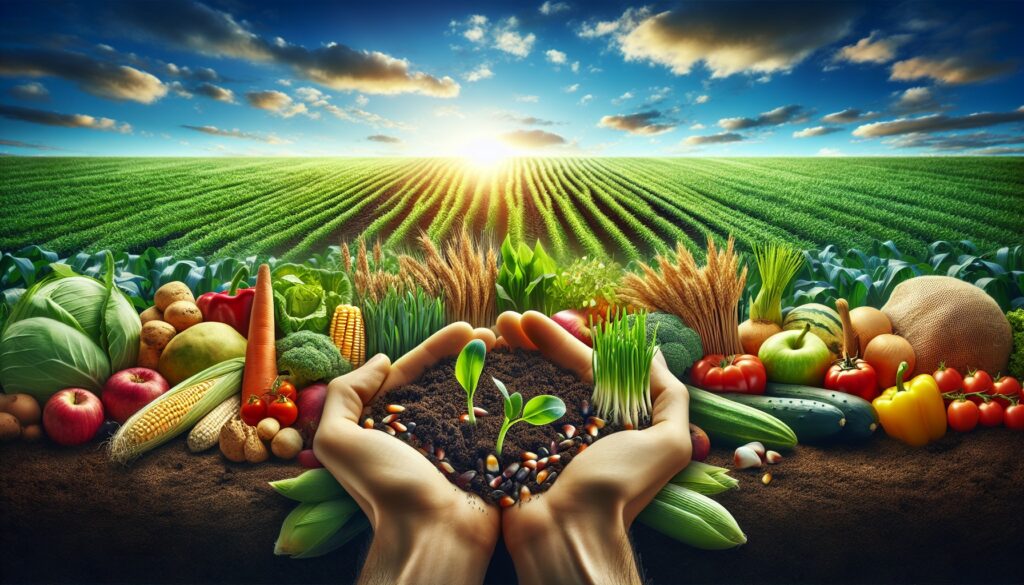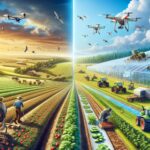The Importance of Agriculture in Our Daily Lives
Agriculture, often referred to as the backbone of civilization, plays a crucial role in supporting our daily lives. It’s not just about growing crops or raising animals—it’s a fundamental practice that sustains our food supply, nurtures communities, and supports economies around the world.
At its core, agriculture provides us with the essential foods we need to survive: grains, fruits, vegetables, meat, and dairy products. Beyond satisfying our hunger, though, agriculture offers so much more. It influences the clothing we wear, with cotton, wool, and other fibers being direct products of farming. Many household items, such as wooden furniture or paper, are also derived from agricultural sources.

For rural communities, agriculture serves as the primary livelihood, fostering employment and stability. In many countries, small-scale farmers and families rely on their land not only for food but as a source of income. By selling their surplus crops or livestock, they contribute to local economies and trade.
Another essential aspect of agriculture is its relationship with the environment. When practiced sustainably, agriculture helps preserve ecosystems, promote biodiversity, and maintain the health of soil and water. Innovations in sustainable farming practices, such as crop rotation, organic farming, and responsible water management, are critical in ensuring that future generations will be able to benefit from the land as we do today.
Additionally, agriculture plays a key role in global trade. Many countries specialize in certain crops or products, exporting them to meet the needs of other nations. This interconnected trade not only brings economic benefits but also helps diversify our diets with a wide variety of foods from different parts of the world.
Agriculture also has a social and cultural significance. Farming traditions are often passed down through generations, forming a deep connection to the land and fostering a sense of community. Seasonal harvests, fairs, and food festivals remind us of agriculture’s role in shaping our heritage and way of life.
In conclusion, agriculture is much more than just a source of food—it’s a vital part of our economic, social, and environmental fabric. By supporting sustainable agricultural practices and appreciating the efforts of farmers and producers, we can ensure that agriculture continues to thrive, nourishing both people and the planet for years to come.



